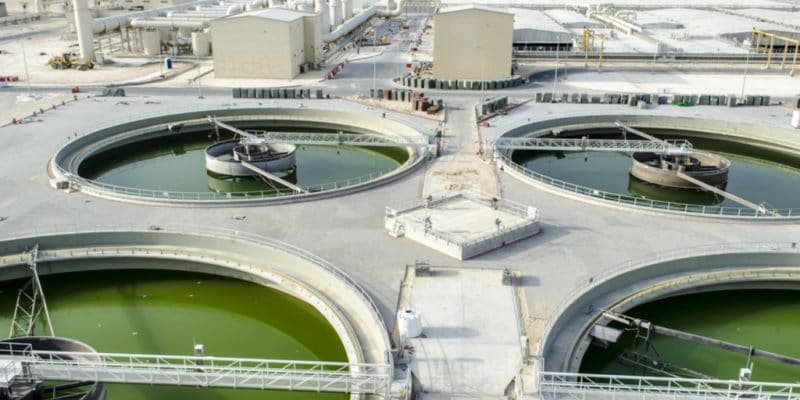The Marrakech-Safi Regional Directorate for the Environment has announced the start of construction work on the wastewater treatment plant in Safi, western Morocco. The plant should guarantee water supply to industries, also hit by drought.
Construction work on the Safi wastewater treatment plant has been underway since December 8, 2021. The Marrakech-Safi Regional Environment Directorate is piloting the project, which aims to improve access to water for industries in Safi, a city located in western Morocco. Despite the Moroccan government’s efforts to alleviate water stress, the Kingdom of Morocco still ranks 23rd out of 165 nations exposed to water risks in the world. Industries are also paying a heavy price for this drought situation.
The wastewater treatment plant, whose construction is imminent, will be able to treat 8 million m3 of wastewater per year within two years. A capacity that should extend to 11 million m3 by 2045, according to Kamal El Mdari, the head of the Regional Directorate of Environment of Marrakech-Safi. According to him, the future plant will also value the sludge from wastewater treatment through the technology of thermal hydrolysis (THP). According to the French group Suez, this technology aims to improve the performance of digestion on biological sludge or mixed sludge by causing the rupture of the cell walls of bacteria, the cell content being then easily accessible by mesophilic digestion.
Read also – MOROCCO: Wastewater from new Safi sewage treatment plant to be reused
The process is simple. Sludge with a dry matter (DM) concentration of 16 to 17% is held for about 30 minutes at a temperature of 150-165°C, and then a flash expansion is carried out before the digester is fed. In its operational phase, the Safi plant will create job opportunities for at least 50 technicians in the area.
The wastewater recovery in the city of Safi will require a total investment of more than 600 million Moroccan dirhams, about 57.3 million euros. The OCP Group (Office chérifien des phosphates) is financing the work in partnership with the Régie autonome intercommunale de distribution d’eau et d’électricité de Safi.
Inès Magoum







